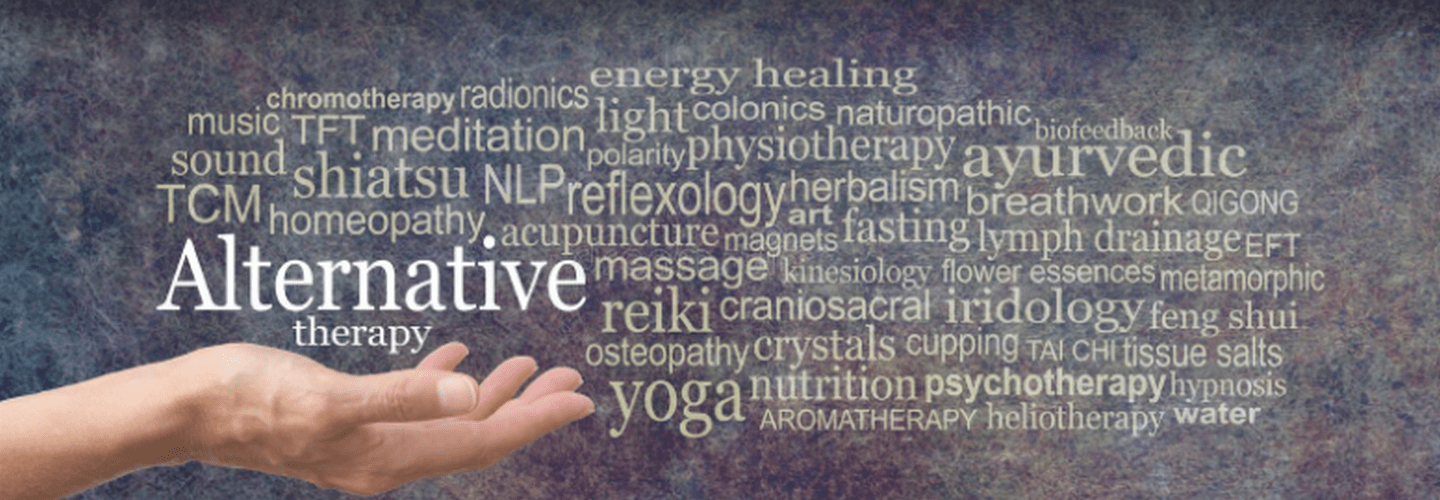
Hypnosis is an effective tool in managing the fear associated with teeth grinding, addressing the subconscious mind to alter stress response and reduce bruxism episodes. Techniques like guided visualizations and affirmations help foster a calming mental environment, easing the anxiety that contributes to grinding. As one continues to explore these hypnotic strategies, they uncover deeper insights and techniques that offer further relief and a sense of control over this distressing condition.
Key Takeaways
- Hypnosis accesses the subconscious to reprogram and reduce teeth grinding behaviors linked to stress.
- Guided visualizations in hypnosis can reframe emotional responses, alleviating the fear associated with bruxism.
- Self-hypnosis techniques promote relaxation, decreasing the anxiety that triggers teeth grinding.
- Regular hypnosis practice builds mental resilience, helping individuals maintain control over bruxism.
- Hypnosis creates a reassuring environment, empowering sufferers to manage and overcome their fear of teeth grinding.
Understanding Bruxism: Causes and Effects
Understanding bruxism begins with recognizing it as more than just teeth grinding; it's a common condition often driven by stress, anxiety, or physiological factors such as misaligned teeth or underlying sleep disorders.
Bruxism symptoms include jaw discomfort, headaches, and excessive wear on teeth, posing significant dental impact. This continuous grinding can lead to enamel damage, increased tooth sensitivity, and even tooth loss.
Addressing these symptoms early with professional help is essential. A dental assessment can help determine the severity and guide effective treatment plans, providing relief and preventing further dental degradation.
Awareness and timely intervention are key in managing bruxism effectively.
The Role of Stress and Anxiety in Teeth Grinding
Stress and anxiety often act as silent catalysts for teeth grinding, quietly exacerbating this condition amidst life's daily pressures.
These emotional responses trigger the subconscious act of clenching or grinding, which may occur during both wakefulness and sleep.
Managing these root causes through effective stress reduction and anxiety management techniques can greatly alleviate the severity of bruxism.
Practices such as mindfulness, meditation, and regular physical activity are pivotal in cultivating a calmer mind and body.
How Hypnosis Can Help Manage Bruxism

While managing stress and anxiety is fundamental in alleviating bruxism, exploring alternative therapeutic methods such as hypnosis can offer additional relief.
Hypnosis benefits individuals by accessing the subconscious mind, where much of our automatic behavior, including teeth grinding, is rooted. Through subconscious reprogramming, hypnosis gently guides the mind to adopt healthier patterns, reducing the frequency and intensity of bruxism episodes.
This method provides a sense of control and empowerment, making it a valuable tool for those seeking non-invasive solutions. The empathetic approach of hypnosis also helps in creating a reassuring environment, essential for effective treatment.
Techniques in Hypnosis for Reducing Teeth Grinding
Hypnosis offers a series of targeted techniques designed to reduce teeth grinding by addressing the subconscious patterns that trigger this behavior.
By incorporating self-hypnosis techniques, individuals learn to access their inner resources, promoting relaxation and stress reduction. These methods involve guided visualizations and affirmations that reframe the mind's response to stress, a common catalyst for teeth grinding.
Practitioners also teach breathing exercises and mental imagery that enhance calmness, ensuring a soothing shift into sleep.
Through regular practice, these hypnosis techniques foster a deeper sense of control and resilience, easing the mind and diminishing the urge to grind teeth.
Emotional Freedom Techniques (EFT) for Bruxism

Emotional Freedom Techniques (EFT) offer a promising approach to managing bruxism, particularly when stress and anxiety are underlying factors.
This method involves tapping techniques on specific meridian points to enhance emotional regulation. By focusing on stress-related emotions while tapping, individuals can rewire their emotional responses, reducing the anxiety that often triggers teeth grinding.
EFT is not only non-invasive but also empowers individuals to actively participate in their healing process. As a gentle and accessible tool, EFT provides a reassuring way for sufferers to address their condition, fostering a sense of control and calmness in managing bruxism.
Neuro-Linguistic Programming (NLP) Strategies for Anxiety and Phobias
Building on the foundation of Emotional Freedom Techniques for managing bruxism-related anxiety, Neuro-Linguistic Programming (NLP) offers further strategies that are particularly effective for broader anxiety issues and phobias.
NLP techniques provide a robust framework for:
- Cognitive Restructuring: Transforming negative thought patterns into positive ones, enhancing emotional resilience.
- Behavioral Patterns: Identifying and modifying subconscious triggers through tailored exercises.
- Phobia Management: Utilizing visualization exercises to safely confront and diminish fears.
- Anxiety Reduction: Empowering individuals to regain control over their emotional responses and reduce overall anxiety levels.
These methods foster a reassuring path towards managing phobias and anxiety effectively.
Combining Hypnosis, EFT, and NLP for Comprehensive Treatment

Why settle for a single approach when combining Hypnosis, EFT (Emotional Freedom Techniques), and NLP (Neuro-Linguistic Programming) can offer a more thorough treatment?
Hypnosis accesses the subconscious, easing the mental pathways that lead to bruxism. EFT benefits include reducing stress and anxiety by tapping into body energy meridians, fostering emotional healing.
Meanwhile, NLP applications provide practical tools to reframe negative thought patterns directly associated with teeth grinding.
Together, these methodologies create a holistic treatment plan that addresses the psychological, emotional, and behavioral aspects of bruxism, enhancing overall well-being and resilience against stress-induced dental habits.
Steps to Begin Your Journey to Overcome Bruxism
Many individuals facing bruxism begin their journey to recovery by acknowledging the complex interplay between psychological factors and physical symptoms.
To effectively manage and overcome bruxism, consider following these steps:
- Consult a Dental Professional: Seek advice to rule out physical contributors like misaligned teeth.
- Engage in Self Awareness Practices: Identify personal stress triggers and emotional states that exacerbate teeth grinding.
- Adopt Mindfulness Techniques: Incorporate meditation or yoga into your daily routine to reduce stress.
- Explore Hypnotherapy: Consider hypnosis to address subconscious factors and reinforce positive behavioural changes.
These steps offer a balanced approach to tackling bruxism empathetically and effectively.
Frequently Asked Questions
Can Hypnosis Directly Prevent Physical Symptoms of Bruxism?
Hypnosis techniques may indirectly aid in bruxism management by addressing underlying stress and anxiety, potentially reducing the frequency of teeth grinding as users develop better coping mechanisms through deep relaxation and subconscious behavioral modification.
How Does Bruxism Impact Long-Term Dental Health?
Bruxism relentlessly challenges dental well-being, accelerating tooth wear and exacerbating jaw pain. Addressing it early prevents severe damage, offering reassurance and preservation of long-term dental health through timely and effective interventions.
Are There Dietary Changes That Can Alleviate Bruxism?
Dietary changes, including magnesium-rich supplements, may alleviate bruxism by promoting muscle relaxation and stress reduction. Adopting a balanced diet can also support overall health and potentially reduce the frequency of teeth grinding episodes.
What Is the Success Rate of Hypnosis for Treating Bruxism?
The success rate of hypnosis for treating bruxism varies, with effectiveness dependent on individual responsiveness and session quality. Statistics suggest a positive impact, particularly when combined with other therapeutic approaches to address underlying causes.
Can Bruxism Be Completely Cured Through Hypnosis and EFT?
Bruxism may not be completely curable through hypnosis and EFT alone, but these techniques can notably alleviate symptoms by promoting relaxation and emotional release, helping individuals manage underlying stress and anxiety effectively.
Conclusion
In the labyrinth of dental anxieties, hypnosis, alongside EFT and NLP, shines as a beacon of hope, guiding sufferers of bruxism towards a haven of relief and empowerment. This trio of therapies offers a gentle journey into the subconscious, untying the knots of fear and stress that fuel teeth grinding. Embrace these serene paths to recovery, and rediscover the tranquility of a life free from the clench of anxiety.





